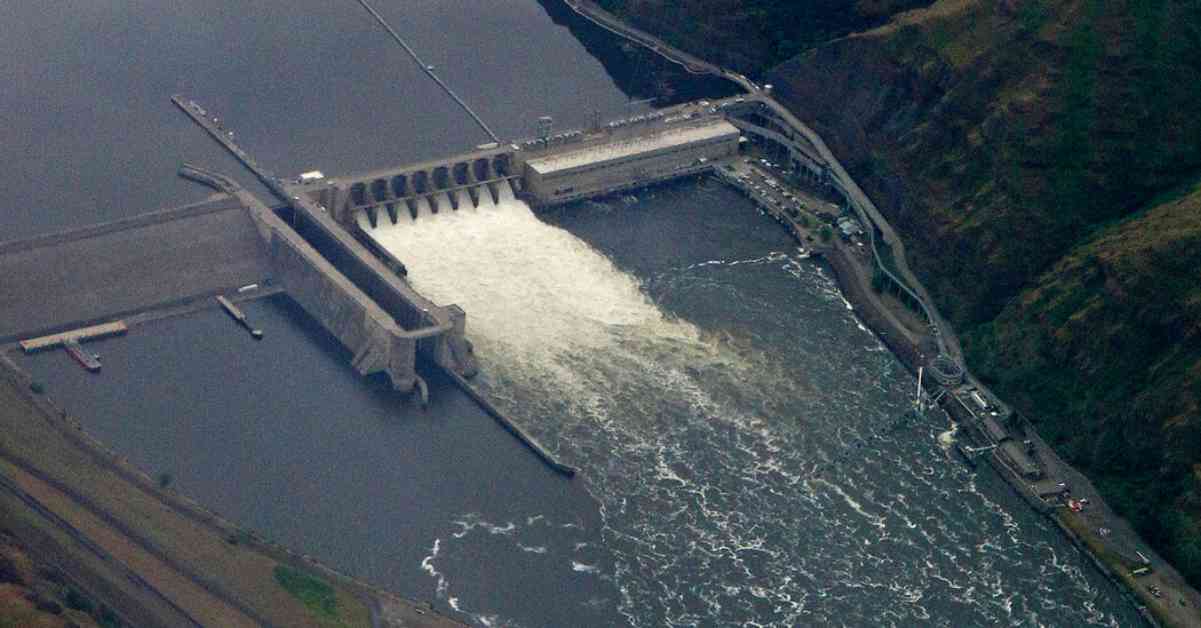The recent report released by the Biden administration acknowledges the significant harm that federal dams in the Pacific Northwest have caused to Native American communities. These dams, located in the Columbia River Basin, have had a long-lasting and detrimental impact on local tribes, affecting their traditional practices and ways of life.
The construction and operation of dams in the region have flooded sacred sites, burial grounds, and thousands of acres of land, leading to the transformation of the ecosystem and blocking fish migration. As a result, many tribal communities have been unable to access salmon, a staple in their diet, leading to significant changes in their cultural practices.
The Interior Department’s report highlights the historic and ongoing injustices faced by Tribal Nations due to the federal dams’ presence. In response to these findings, the Biden administration has committed to restoring wild salmon and other native fish to the river’s basin. Additionally, a task force will be established to expand clean energy production sponsored by tribes in the area.
Shannon F. Wheeler, chairman of the Nez Perce Tribe, emphasized the importance of reaffirming the partnership between tribes and the federal government. He noted that the decline in salmon populations has had a profound impact on his tribe’s traditional way of life and diet.
The $1 billion plan announced by the Biden administration in February aims to address the repercussions of the dams on local tribes and provide stability to communities reliant on the river for various purposes. This initiative recognizes the need to confront past injustices and work towards a more sustainable future for Native American communities in the region.
Moving forward, the task force established by the administration will focus on developing affordable, reliable, and clean energy solutions for the Columbia River Basin while acknowledging and addressing the harm caused to local tribes. This commitment reflects President Biden’s recognition of the importance of acknowledging and rectifying historical injustices to create a more equitable future for all.


















